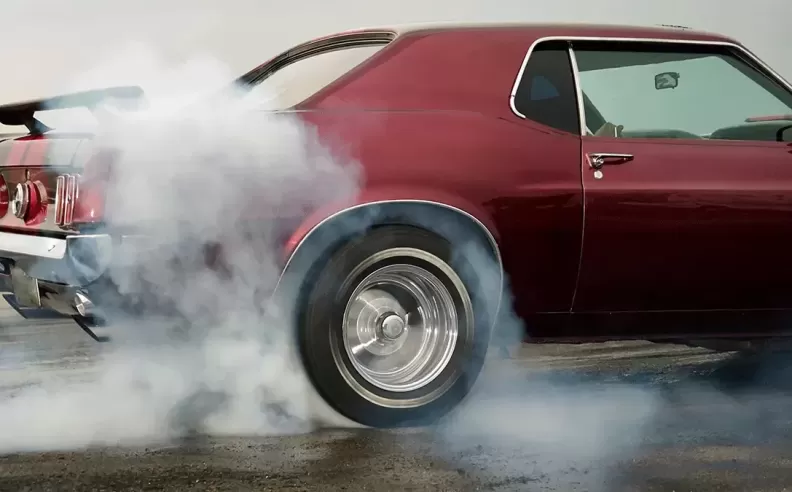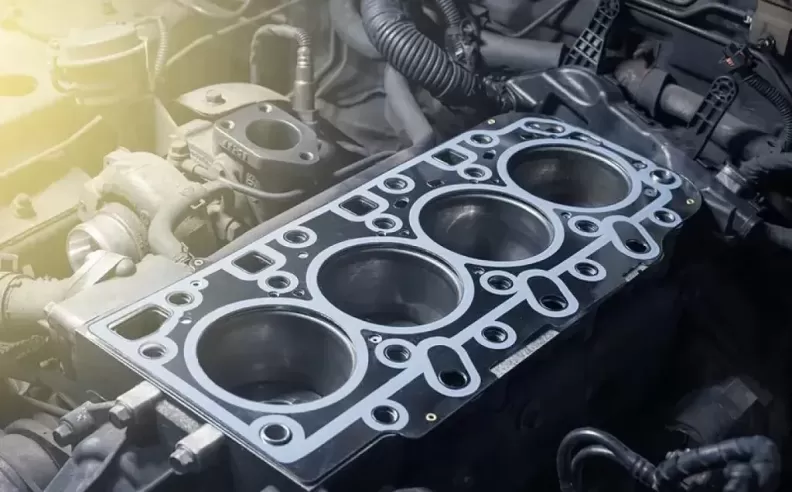
The cylinder head might not be the first thing that comes to mind when thinking about your engine, but it's one of the most critical parts behind how well your car performs. Acting as the top seal for your engine's combustion chambers, this metal component contains a maze of valves, channels, and spark plug housings. It is where precision meets power, and if it fails, your entire engine could be at risk. Here’s what drivers should know about its role, how it fails, and how to take care of it.
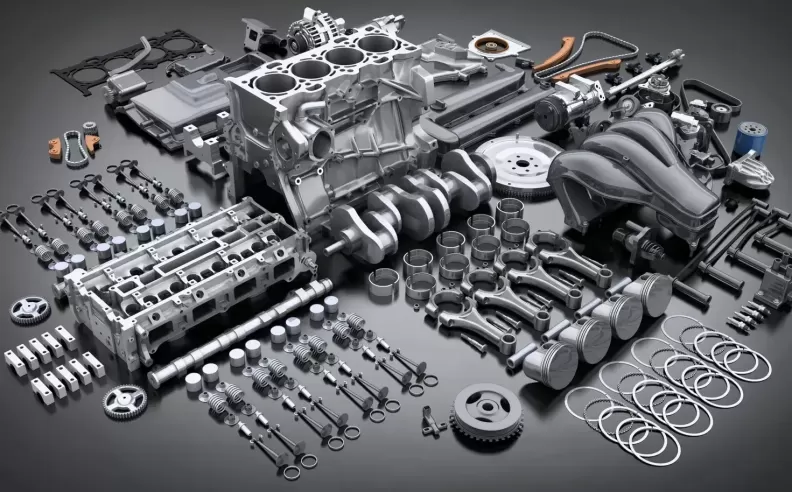
The cylinder head covers the engine’s combustion chambers and manages the airflow in and out of each cylinder. It ensures that the right mix of fuel and air enters during intake and that burnt gases exit cleanly during exhaust. It also holds critical components like spark plugs and fuel injectors.
Without the cylinder head, your engine wouldn’t generate proper pressure for combustion, and you would lose power, efficiency, and reliability. Aluminum is the preferred material in modern cars due to its light weight and heat resistance, while cast iron is still used in high performance or heavy duty engines for durability.
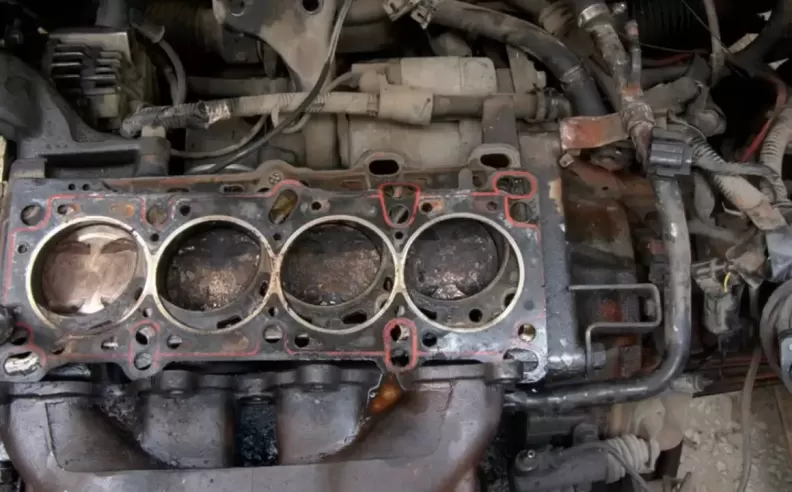
Cylinder head problems can be costly, so early detection is key. Common warning signs include white smoke from the exhaust (a hint of coolant leaking into the combustion chamber), brown foam in the oil cap (indicating oil mixing with coolant), engine overheating, and poor performance or vibration while driving.
To avoid these issues, change your coolant regularly, make sure the radiator fan works well, and never push your car hard when the engine is hot. It’s also important to ensure head bolts are tightened to the correct torque. If you catch problems early, you might repair small cracks, but larger damage often requires a full replacement, which can cost anywhere from 2,000 to 6,000 AED depending on the car type and parts used.
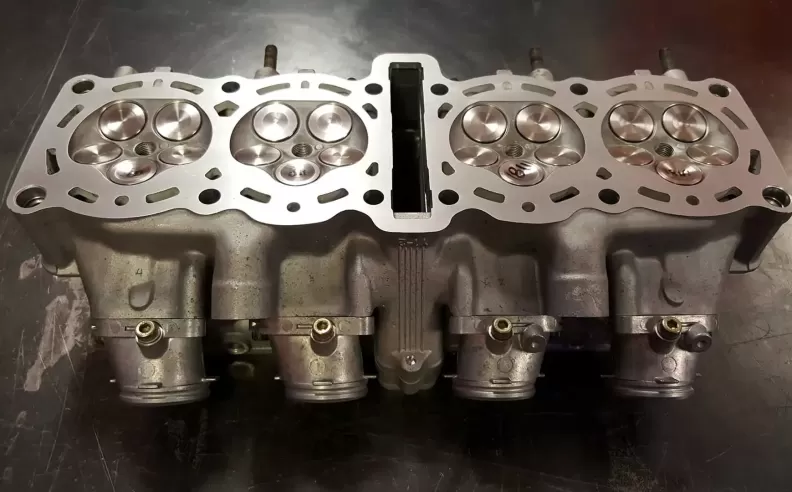
Regular care is the key to extending the life of your cylinder head. Always monitor your coolant levels and replace the fluid as recommended by the manufacturer. A clean, efficient cooling system helps prevent overheating, which is one of the biggest threats to a cylinder head.
Avoid driving aggressively when the engine is already hot, and make sure to check for coolant leaks or unusual engine temperatures after long trips. Also, during regular maintenance, ask your mechanic to check the head gasket for any wear or signs of a leak, since this thin seal plays a major role in protecting the cylinder head. Proper torque on the head bolts is another detail that can prevent warping or cracks in the future.

Started my career in Automotive Journalism in 2015. Even though I'm a pharmacist, hanging around cars all the time has created a passion for the automotive industry since day 1.
